Sterling retreats mildly as the last YouGov polls predicted that Conservative could win a much slimmer majority in Thursday’s elections, than projected two weeks ago. The possibility of a hung parliament cannot be ruled out.
The results of the final MRP model suggested the following results:
- Con – 339 seats / 43% vote share
- Lab – 231 / 34%
- SNP – 41 / 3%
- LD – 15 / 12%
- Plaid – 4 / 1%
- Green – 1 / 3%
- Brexit Party – 0 / 3%
That is, Conservative could get a majority of only 28 seats. Back on November 28, Conservatives were projected to get 359 seats with majority of 68. Labor was predicted to win 211 seats only. Also, YouGov added that the margin of error could put the final number of Conservatives seats from 311 to 367. And, “this means that we absolutely cannot rule out the 2019 election producing a hung Parliament – nor can we rule out a larger Conservative majority.”




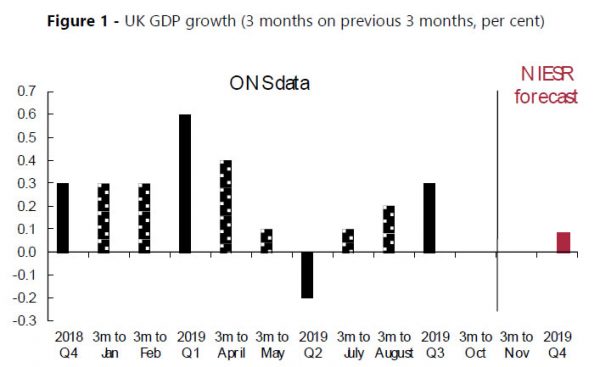
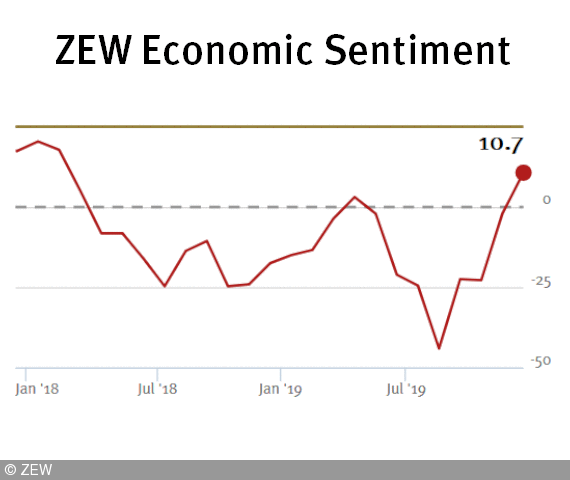
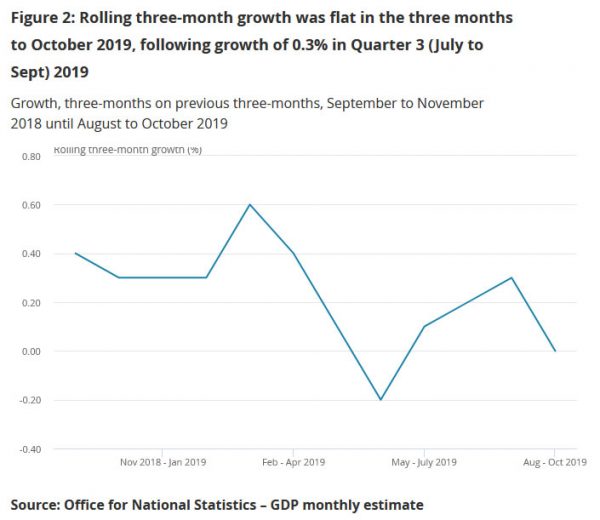
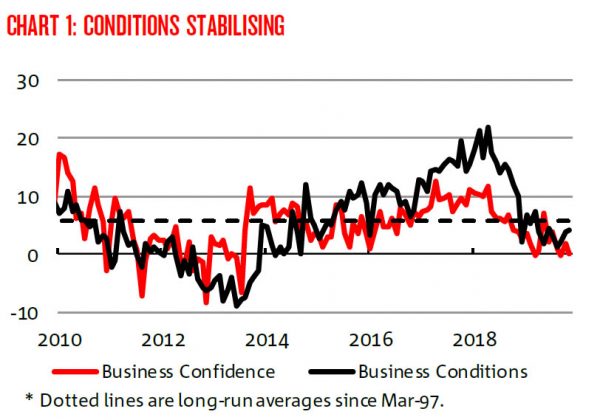
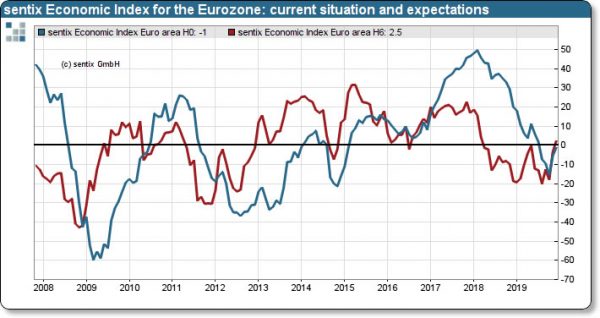
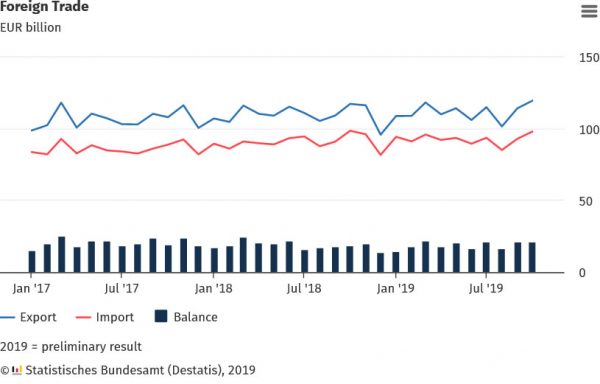

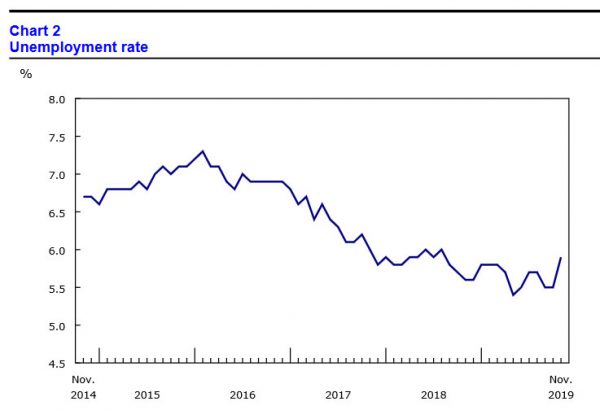
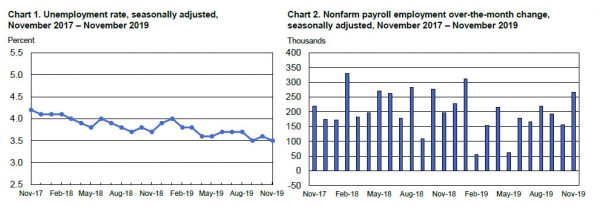
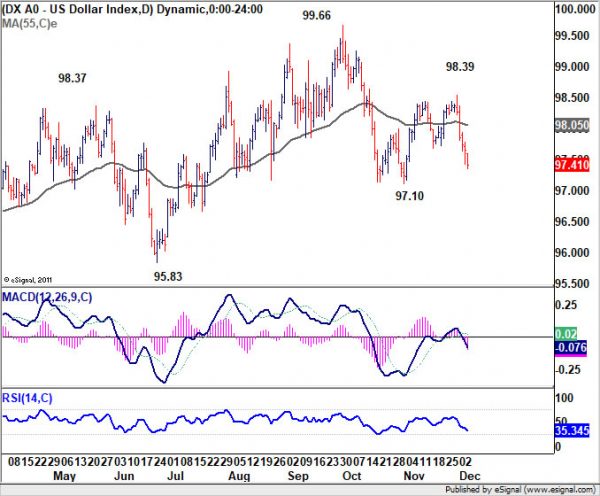
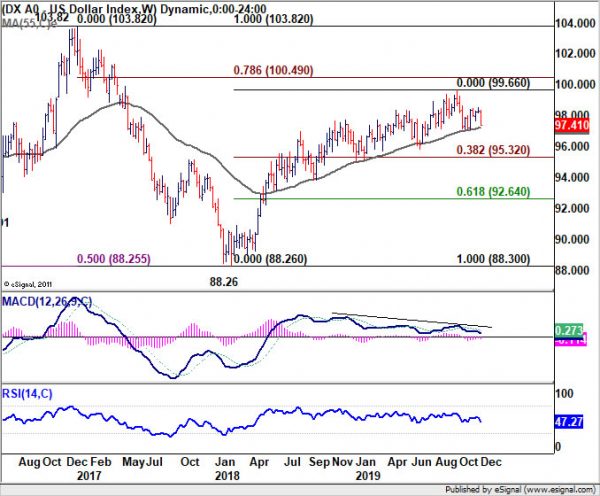
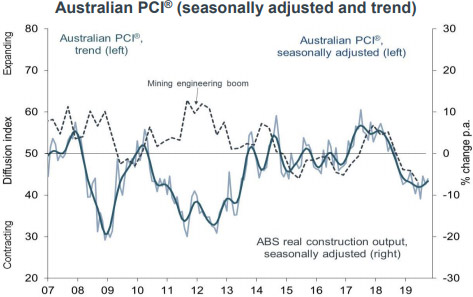
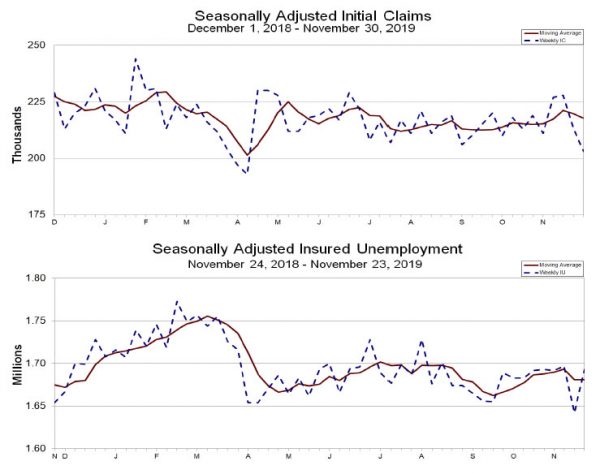
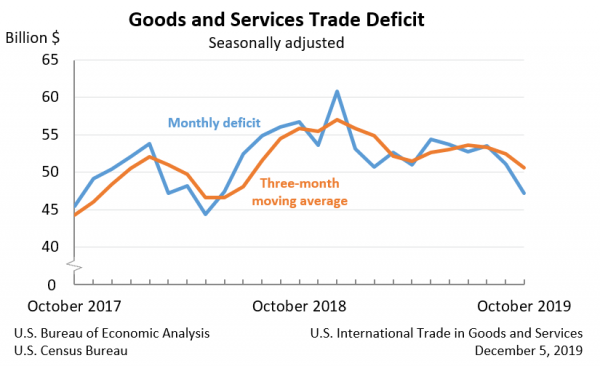

US Navarro: No indication of delay on tariffs on China
There were rumors that US would delay the December 15 tranche of tariffs on USD 160B of Chinese imports, essentially all untaxed goods. But such speculations are so far not backed by comments from officials formally.
White House Trade Adviser Peter Navarro said Tuesday that “it’s the president’s decision”. And, “I’ve got no indication that he’s going to do anything other than have a great deal or put the tariffs on.” He added, it’s up to Chinese as to wether to get a great deal. “Either way we’re going to be in a great place … The president loves them (the tariffs),”
White House National Economic Council head Larry Kudlow warned that tariff increase remains in play for now. “The reality is that those tariffs are still on the table,” even though President Donald Trump has struck a “constructive and optimistic tone” on the progress.